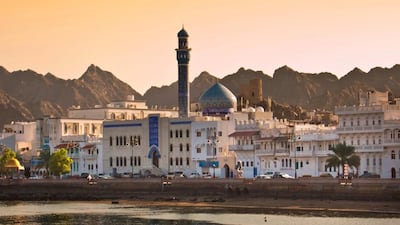Oman’s new ‘sin tax’ will come into effect in three months, following a royal decree issued on Wednesday by Sultan Qaboos bin Said to tax 100 per cent on tobacco, alcohol, pork and energy drinks, and 50 per cent on carbonated drinks, following similar moves by Saudi Arabia, the UAE, Bahrain and Qatar in recent years.
The tax - also called an excise tax because it is added at the point of manufacture, rather than sale - applies to goods that are deemed harmful to public health and the environment and is being put into force as a result of a 2016 tax agreement by the six-nation Gulf Co-operation Council.
Saudi Arabia was the first to impose the tax in June 2017, followed by the UAE and Bahrain later that same year, covering cigarettes and sugary drinks. Qatar implemented its tax in January, adding pork and alcohol. Kuwait has yet to implement any selective tax, but its excise tax law draft said the covered goods would be tobacco, and energy and soft drinks.
While promoting healthy living, GCC members are also levying the tax as a way to boost revenue. The official UAE Government website says the purpose of its excise tax is “to reduce consumption of unhealthy and harmful commodities while also raising revenues for the government that can be spent on beneficial public services”.
Oman’s Ministry of Health carried out a health data survey that found more than two-thirds of its population has diabetes. Nearly one in 10 adults smoke tobacco, while close to 40 per cent are exposed to second-hand smoke at home or at work.
The selective tax could add at least OMR100 million (Dh950m) to the government’s funds every year, said Saleh bin Said Masan, head of the economic and financial committee at the Shura Council, in November.
Last week, Moody’s Investors Service downgraded Oman’s credit rating to junk with a negative outlook due to concerns over the sultanate’s ability to contain its public finances in a low oil price environment.


